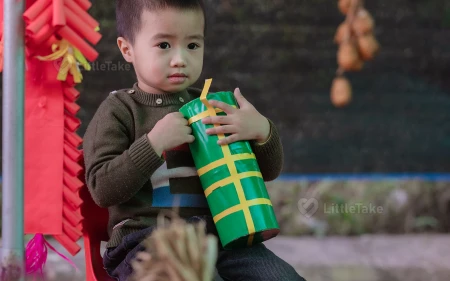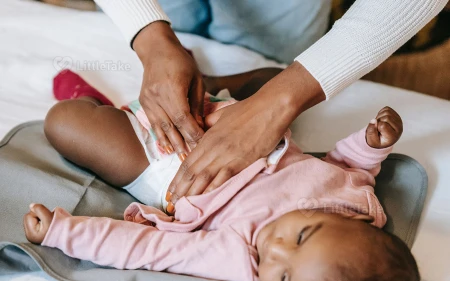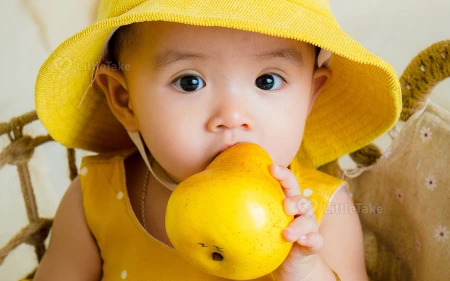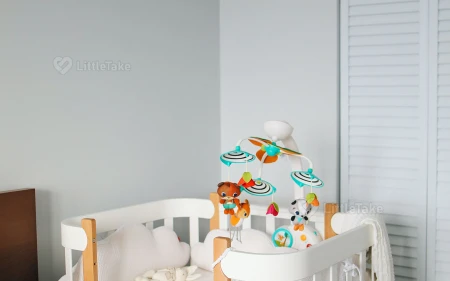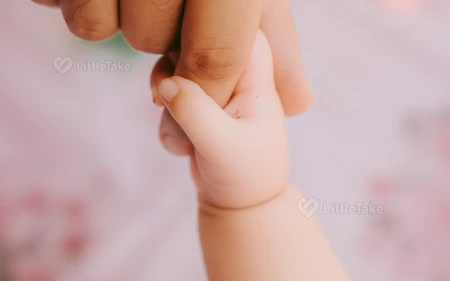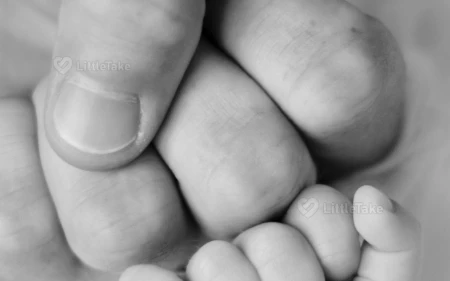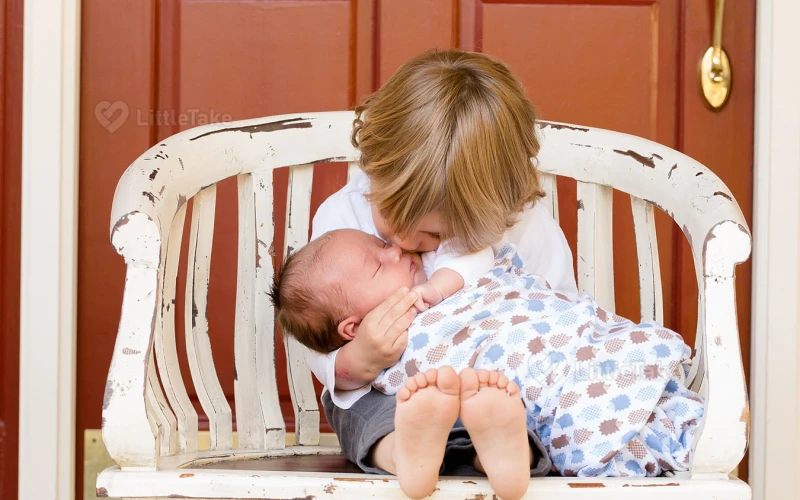
Baby's First Year: A Month-by-Month Guide
The first year of your baby's life is filled with milestones and changes. From the first smile to the first step, it's an exciting time full of new experiences. Use this month-by-month guide to stay on top of your baby's development:
Month 1: Adjusting to Life Outside the Womb
Your baby will spend the first month adjusting to life outside the womb. They'll sleep a lot and eat frequently, and you'll need to change a lot of diapers. This is also a good time to start bonding with your baby through skin-to-skin contact and talking to them.
Month 2: Social Smiles
Your baby will start to smile socially in the second month. They'll also begin to coo and make other noises. This is a good time to introduce a pacifier if you haven't already, as it can help soothe your baby and promote healthy sleep habits.
Month 3: Increased Awareness
In the third month, your baby will become more aware of their surroundings. They'll start to reach for and grasp objects, and they may even start to roll over. This is a good time to start introducing tummy time to help strengthen your baby's neck muscles.
Month 4: Babbling and Laughter
Your baby will start to babble and laugh in the fourth month. They'll also start to show more interest in toys and may start to reach for objects intentionally. This is a good time to start introducing solid foods if your pediatrician has given the okay.
Month 5: Sitting Up
In the fifth month, your baby will start to sit up on their own. They'll also become more interested in social interaction and may start to play games like peek-a-boo. This is a good time to start baby-proofing your home, as your baby will start to become more mobile.
Month 6: Crawling
By the sixth month, your baby will likely start to crawl. They'll also start to understand object permanence, meaning they'll know that objects still exist even when they can't see them. This is a good time to start introducing more complex toys and activities to promote your baby's cognitive development.
Month 7: Pulling Up
Your baby will start to pull up on furniture and other objects in the seventh month. They'll also become more aware of cause and effect, meaning they'll understand that their actions can cause things to happen. This is a good time to start introducing finger foods and encouraging your baby to self-feed.
Month 8: Standing and Cruising
In the eighth month, your baby will start to stand on their own and may even take their first steps. They'll also start to cruise, meaning they'll move along furniture while holding on. This is a good time to start introducing more complex foods and flavors to your baby's diet.
Month 9: Separation Anxiety
Your baby may start to experience separation anxiety in the ninth month. They'll also start to point and gesture to communicate. This is a good time to start introducing simple words and phrases to your baby's vocabulary.
Month 10-12: First Words and Steps
By the tenth to twelfth month, your baby will likely say their first words and take their first unassisted steps. They'll also become more independent and may start to show preferences for certain toys and activities. This is a good time to continue encouraging your baby's development through play and exploration.
By staying on top of your baby's development and providing a safe and stimulating environment, you can help your little one reach their full potential in their first year of life.








